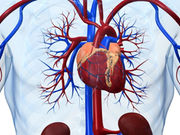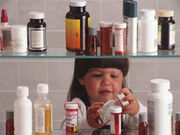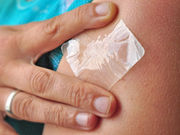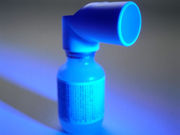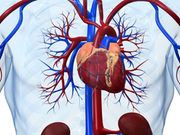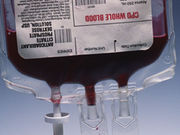Emergency Medicine
Home Emergency Medicine
October 2016 Briefing – Emergency Medicine
Here are what the editors at HealthDay consider to be the most important developments in Emergency Medicine for October 2016. This roundup includes the...
Similar Complication Rate for Transvenous, Subcutaneous ICDs
Nature of complications differs, with more nonlead-related complications for subcutaneous ICD
Few Changes in Employer-Sponsored Insurance 2013-2014
Only 3.5 percent of employers dropped coverage and 1.1 percent added coverage from 2013 to 2014
Guidelines Presented for Fluoroquinolone Use in Children
Fluoroquinolones should be considered in specific situations when there is no safe, effective alternative
Opioid Poisonings in Children, Teens Rising Dramatically
From 1997 through 2012, 1.3 percent of children hospitalized for opioid overdose died
Skin Patch to Treat Peanut Allergy Appears Promising
Delivering small amounts of peanut protein boosted tolerance for about half of young patients in study
IDSA: Measles Complication SSPE More Common Than Thought
Clinicians to be aware of subacute sclerosing panencephalitis
Quality Improvement Methods Improve Asthma Care
Improved timely administration of short-acting β-agonist with use of standardized asthma score
Heart Failure Care Up, Regardless of Hospital Teaching Status
GWTG-HF shows similar adherence to performance measures at teaching, nonteaching hospitals
Survival Outcomes Similar for Short-, Long-Term Blood Storage
No significant difference seen in patient survival rates








